Revenge of the D300
The King, aka the D300
Nikon D300 in 2019
So I wrote an article the other day about how the Pen-F was inferior to the D300 when it came to image quality…and it did trigger quite a bit of people…and I get it: I wrote: “My 2007 D300 has a better image quality than the 2017 Pen-F”. It was a bit of an hyperbole, alright. Anything over ISO 800, the Pen-F will be better. But at lower ISO, the D300 is a better camera.
So anyway. I figured I would come back and give a long term review on this twelve year old body. Nikon changed the game with the D300/D3 back in 2007. I had the chance to buy both of them a decade ago. I still think that the D300/D3 are classics: the way they render the colours (RAW texture AND JPG engine) is just more pleasing to my eyes than the latest 20.1 megapixel D500/D7500 sensor. So much so that I ended up selling my D7500 for my inability to like the rendering (RAW and JPG)…and not giving me anything more really than a good ol’ D300.
Take the autofocus for example. It might be slower than the D7500 or D4s, but in real life, as when it comes to bird photography, I rarely missed a shot because of it. The eagle below was taken with the 2.0 TC II (version 2) Nikon on a 300mm f/2.8 VR mounted to the D300. The bird was flying towards me. I was able to nail the focus and track it using the 3D-tracking mode perfectly, at 6 frame per second. It’s that good. It was amazing in 2007 and still is amazing in 2019.
 Eagle with the 300mm f/2.8 VR + 2.0 TCII on D300
Eagle with the 300mm f/2.8 VR + 2.0 TCII on D300
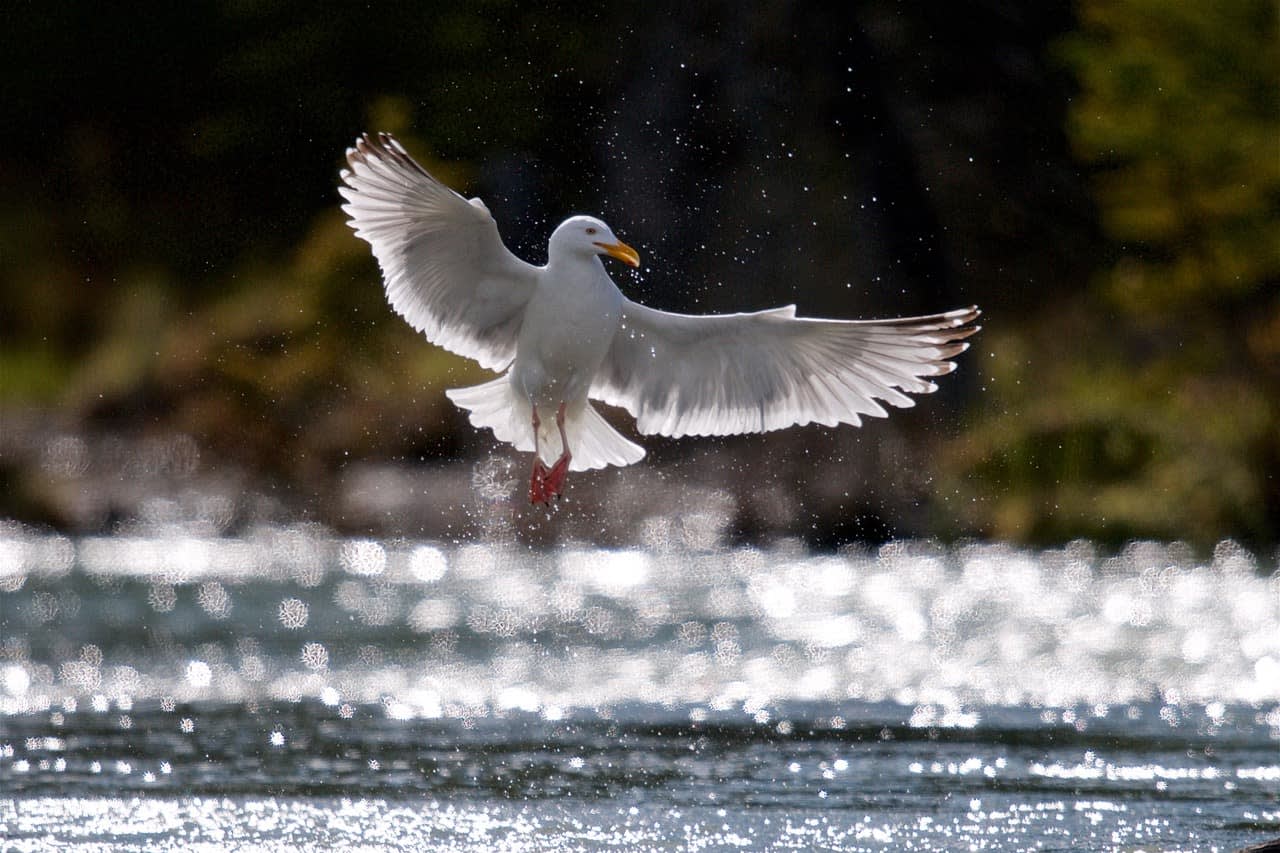 D300 + 600mm f/4 VRII
D300 + 600mm f/4 VRII
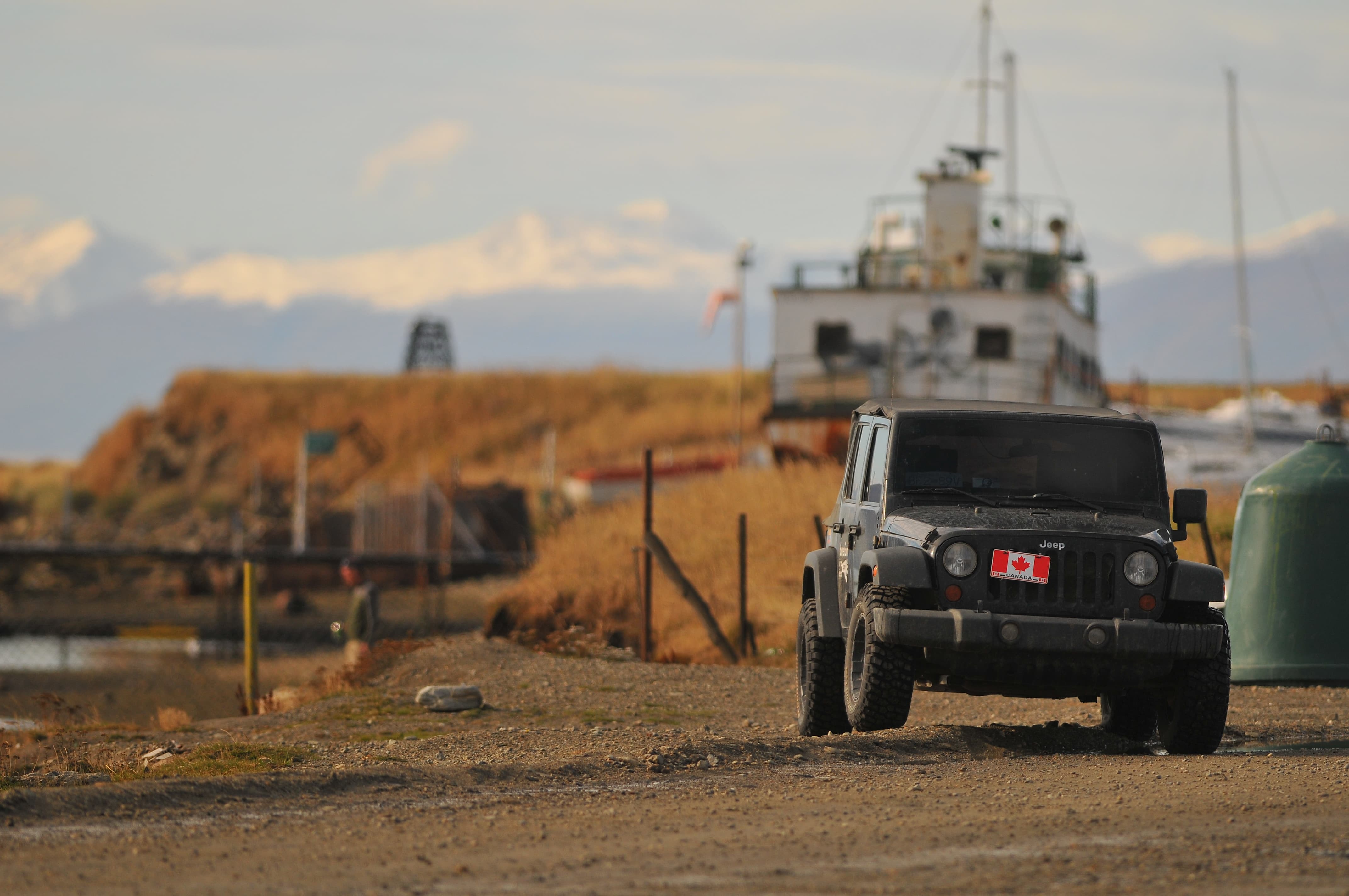 The Jeep in Ushuaia.
The Jeep in Ushuaia.
 King penguin on Tierra del Fuego, Chilean side.
King penguin on Tierra del Fuego, Chilean side.
 Tomstone National Park in the Yukon Territory.
Tomstone National Park in the Yukon Territory.
No cost was spared
The D300 still holds its ground in 2019 as the pictures above can tell. It is still a solid choice for anyone that doesn’t need to shoot in lowlight. It shoots 8 frame per second with the optional AA battery holder – and maybe that’s the best feature of this camera: It can use AA batteries. Sounds stupid, but you don’t know how much one will come to appreciate this feature once one goes for months traveling in third world countries…
The ergonomics of the D300 was the best at its time and still is the king. The D300s was slightly better, with a LV button and an “OK” central button, but at the expenses of loosing a very study memory card compartment. That’s right: Nikon used to have a very solid lever system to open the memory card door as seen on the picture below. It felt solid and give the camera a sense of ready-for-war vibe. No cost was spared when they engineered this camera.
D300 seen with the MB-D12 and a nicely-sized memory card: Compact flash. I love them as they are hard to loose.
 D300 with the 300mm f/2.8 VR in Argentina.
D300 with the 300mm f/2.8 VR in Argentina.
 D300 with the 300mm f/2.8 VR in Canada.
D300 with the 300mm f/2.8 VR in Canada.
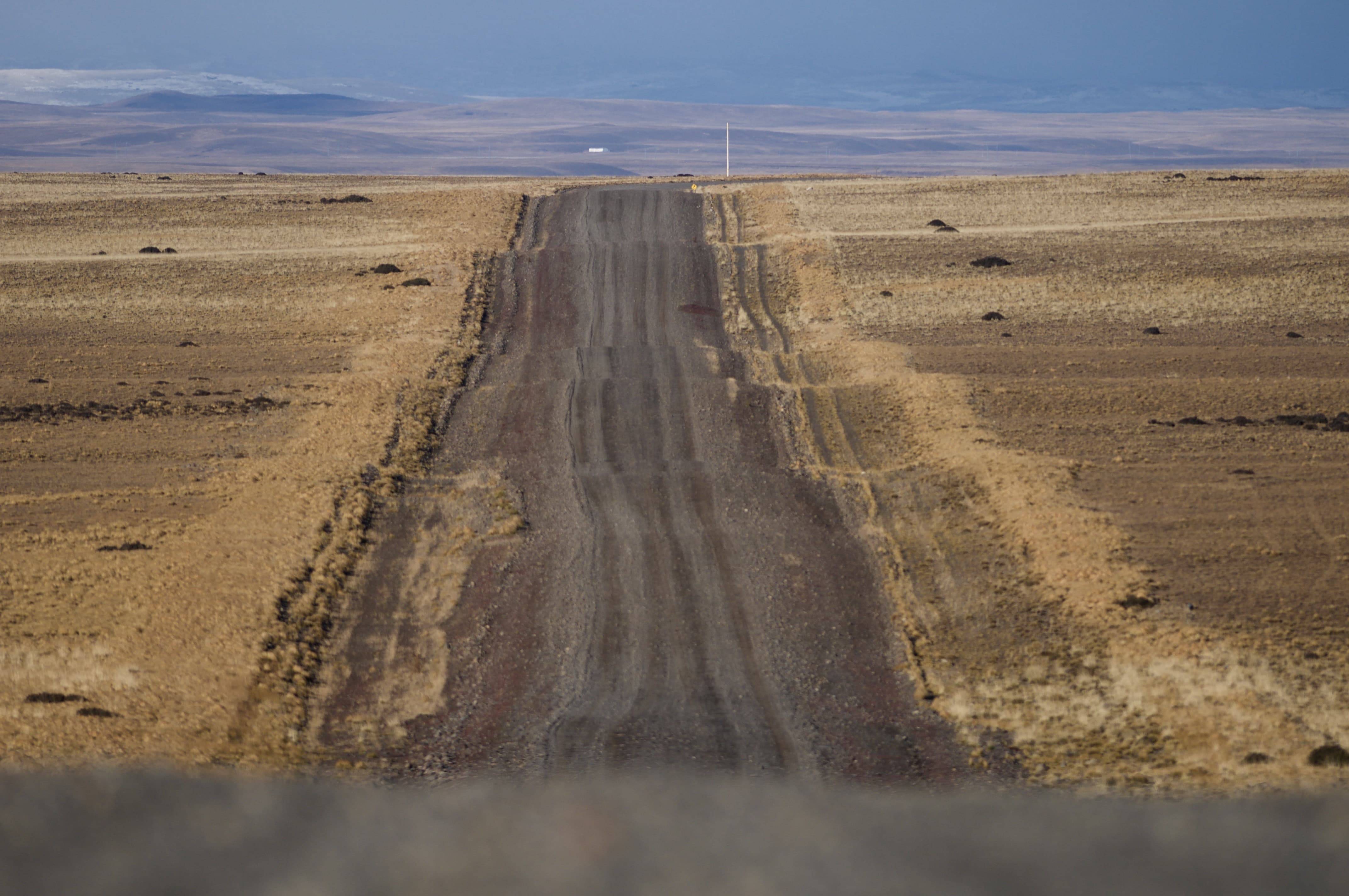 Somewhere in Argentina...On my way to Chile. 300mm f/2.8 VR wide open.
Somewhere in Argentina...On my way to Chile. 300mm f/2.8 VR wide open.
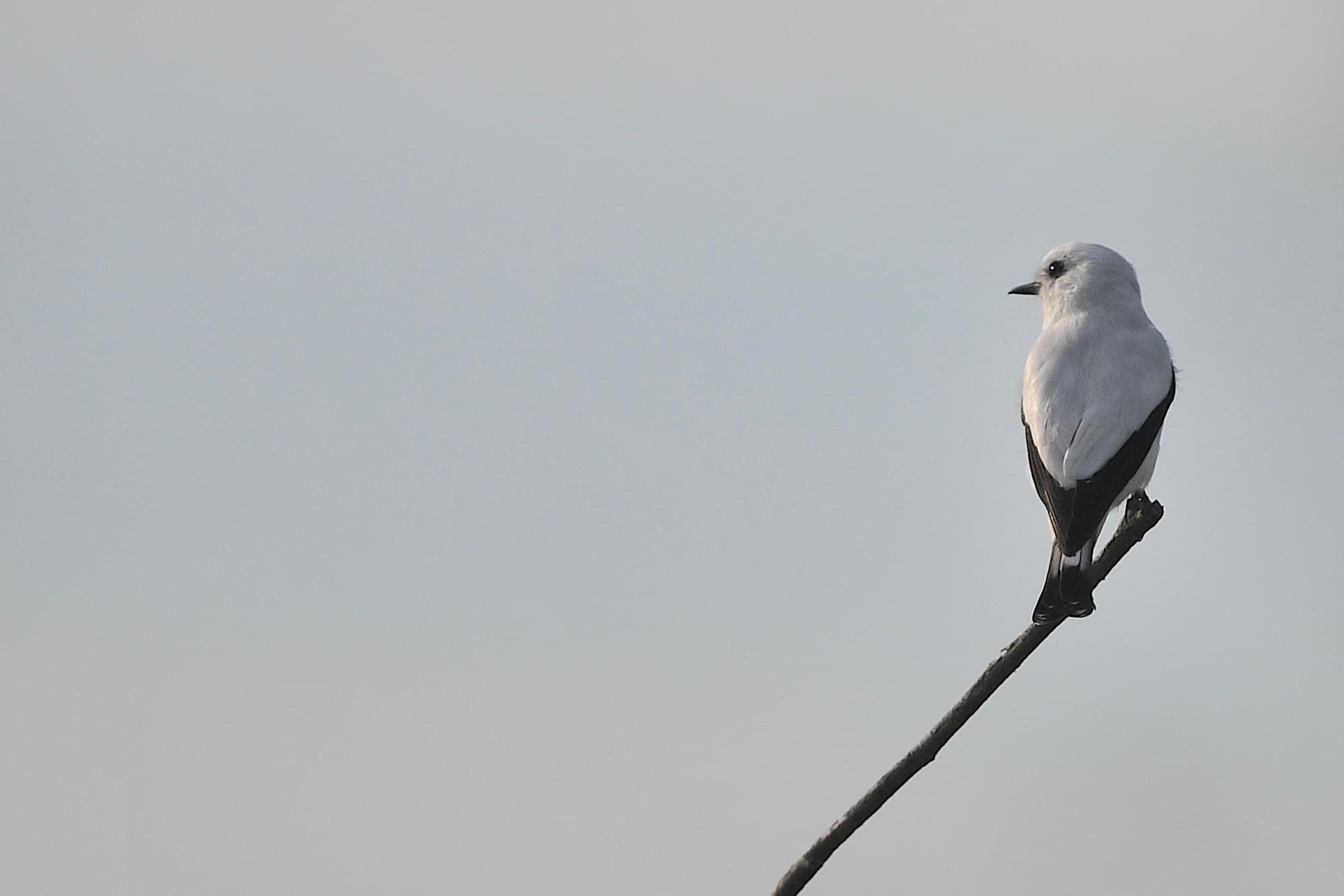
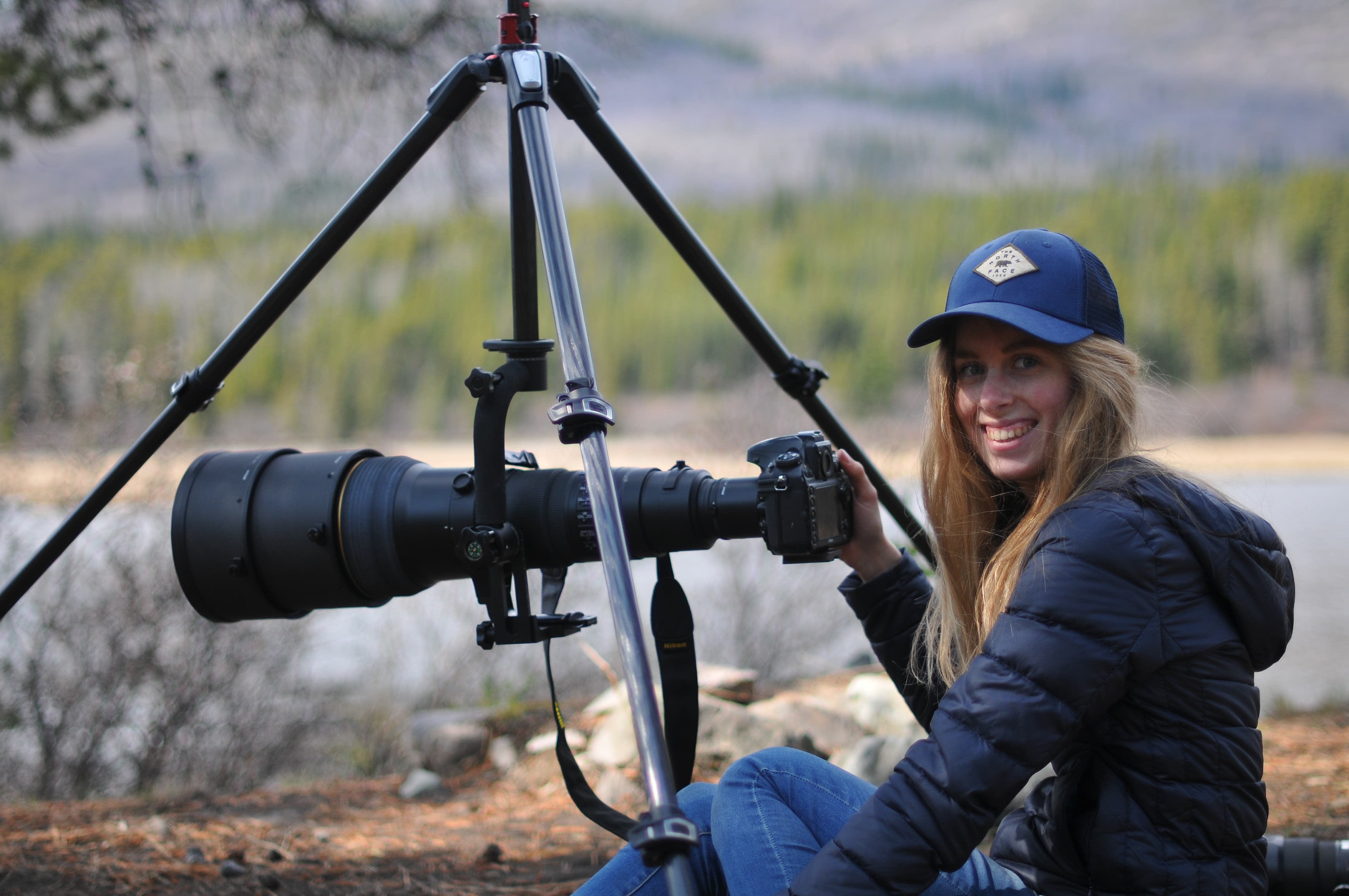 My little sister shooting with the 600mm f/4 VRII + 2.0tc on D800E
My little sister shooting with the 600mm f/4 VRII + 2.0tc on D800E
 Bird in Argentina. Look at those details.
Bird in Argentina. Look at those details.
Image quality
The image quality is phenomenal, when you look at the output. Look at the butterfly up above. The details are so sharp…what else is needed? That’s what I’ve been wondering for a while. We had it good in 2007, without even realizing it.
D7500 on the left, D7300 on the right.
Reliability over portability.
And maybe that’s why the D300 is a better camera than the Pen-F: It always – always – took the shot when I pressed the shutter in the last 12 years. It is an extremely reliable camera. A shot taken by the D300 is a shot that will get written to the memory card. I cannot say the same about the X-Pro2 (I got a few incidents where the camera didn’t record the file properly on the SD card) nor the Pen-F (where it refused sometimes to turn on, or simply wold refuse to take a shot after being in sleep mode (common issue with the Pen-F, not only with the unit I had). It does produce honest result without a fuss. It gives me the shot when I ask for it. And that’s why, even if it’s old and dusty, it still gets a seat in the Jeep to travel the world.
Thank you,
JP
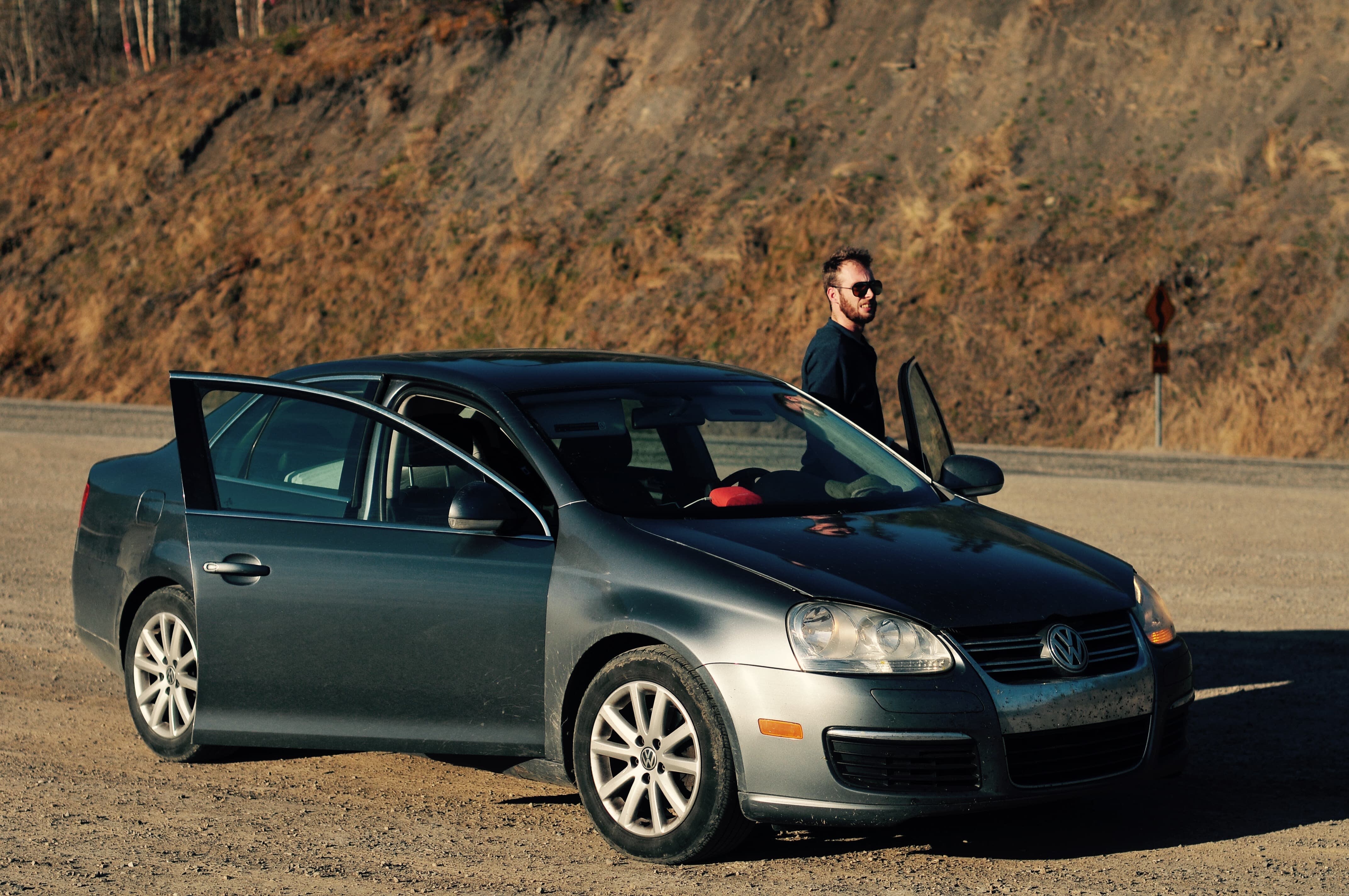 Someone getting out of the car. 50mm f/1.4 AF-S with D300
Someone getting out of the car. 50mm f/1.4 AF-S with D300
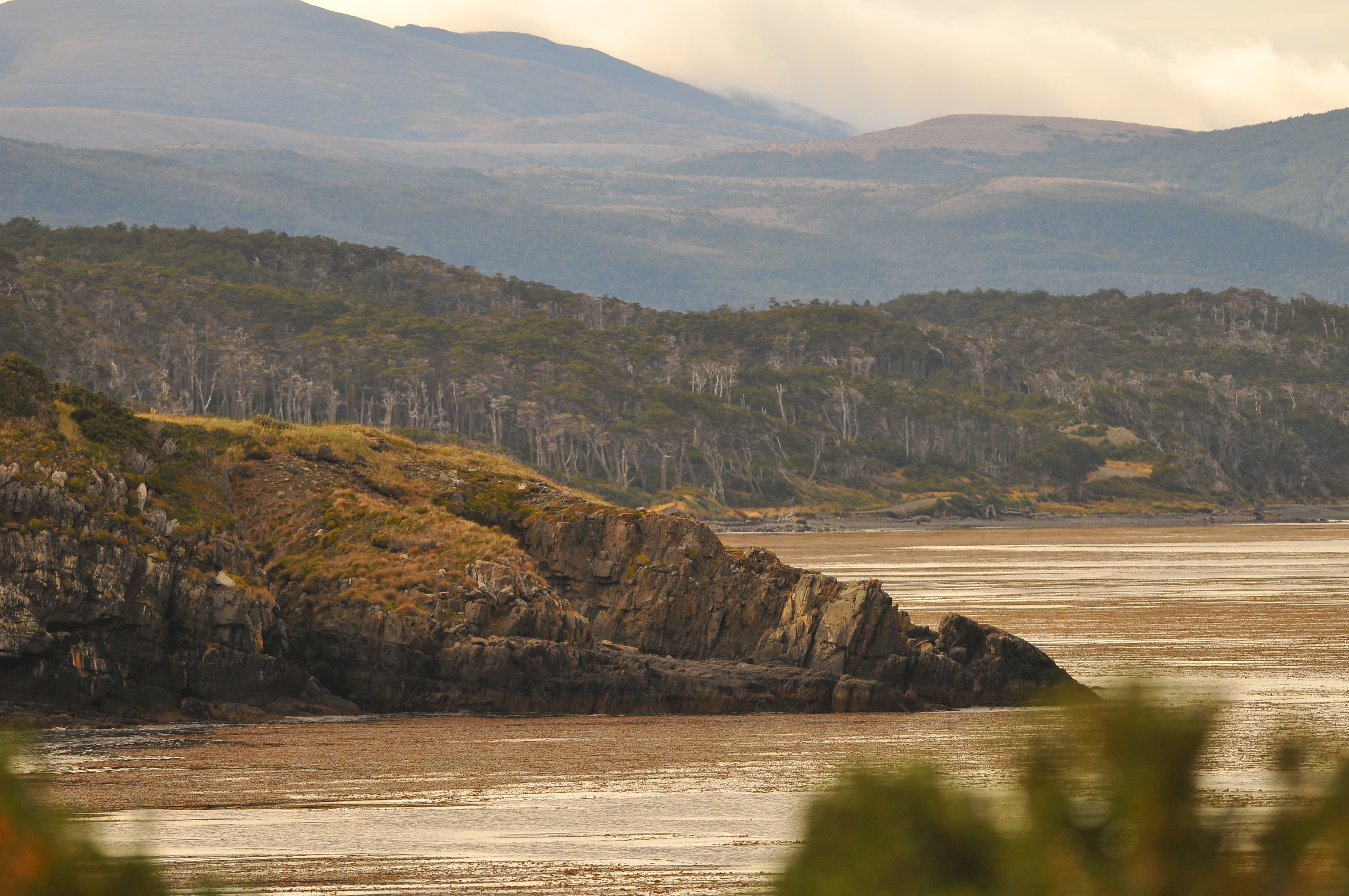 Beagle channel, south of Argentina. 300mm f/2.8 wide open.
Beagle channel, south of Argentina. 300mm f/2.8 wide open.
 Argentina baby!
Argentina baby!
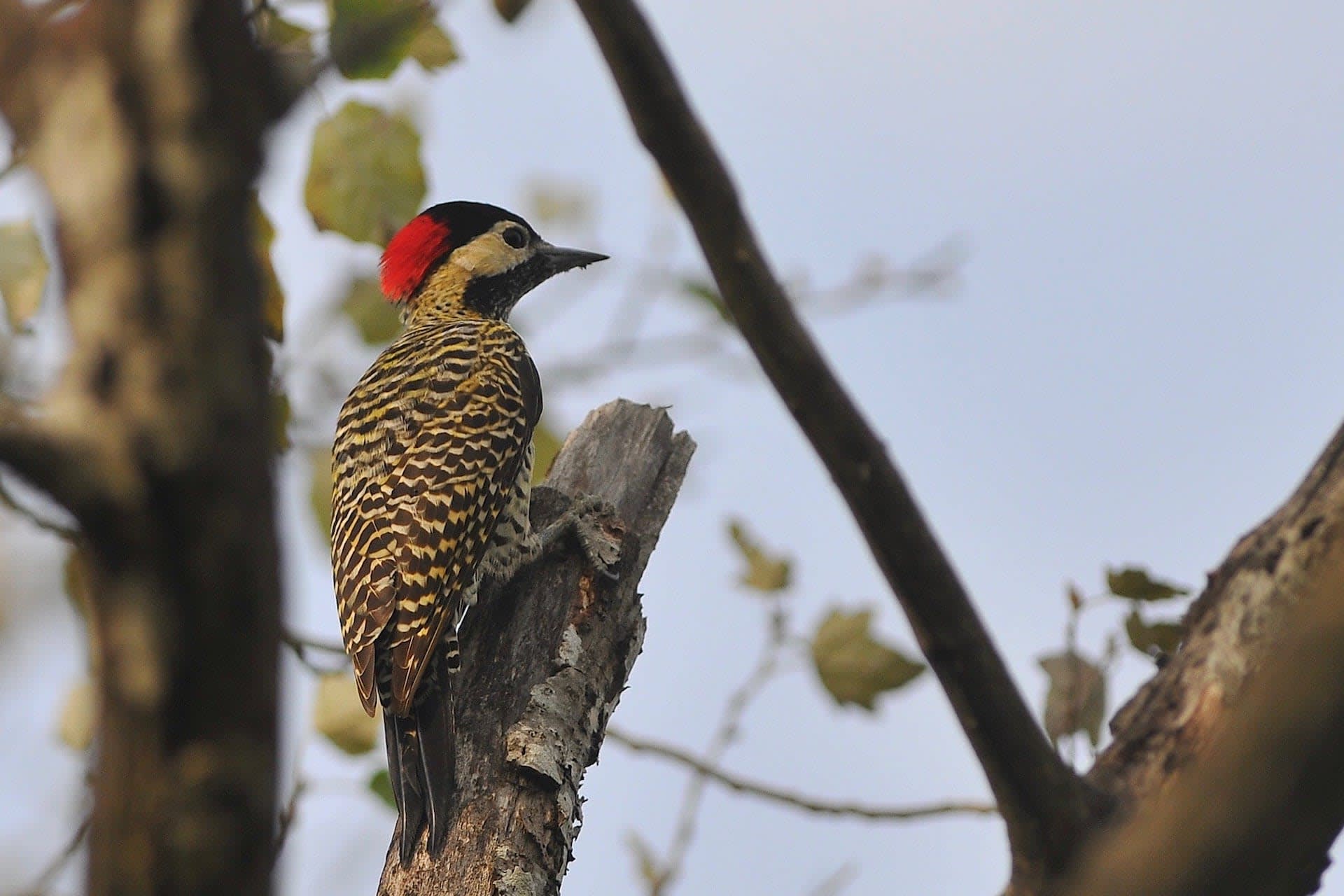 Random wood pecker in Uruguay. 300mm f/2.8 VR wide open
Random wood pecker in Uruguay. 300mm f/2.8 VR wide open
 Random wood pecker in the Yukon Territory.
Random wood pecker in the Yukon Territory.
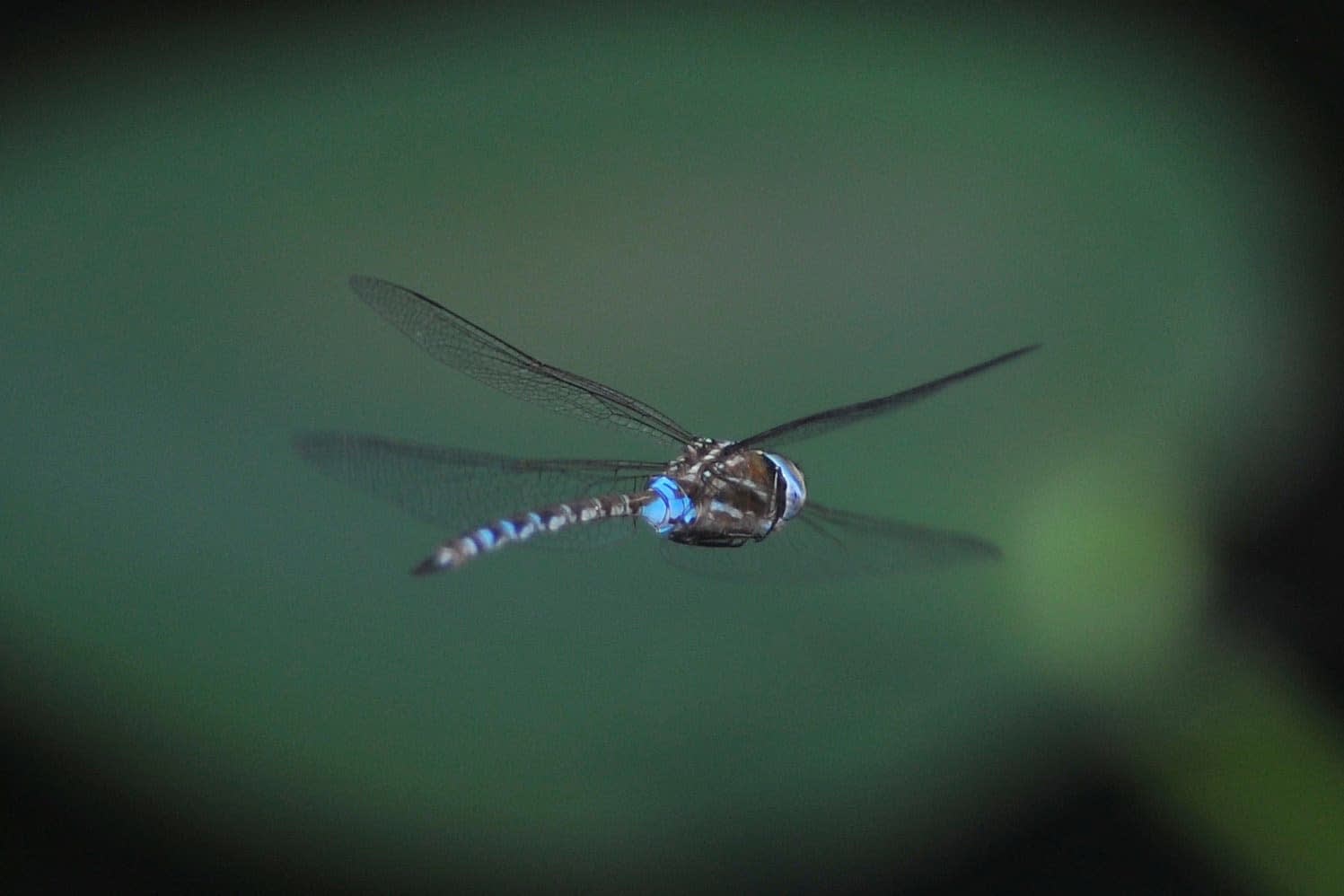 This was actually a hard shot to get. I had a SB-900 on top of the D300 and I was able to focus on this insect instantly with the D300. It was there for a second and is actually 2 cm long: The D300 was able to nail the focus. The D7500 wasn't.
This was actually a hard shot to get. I had a SB-900 on top of the D300 and I was able to focus on this insect instantly with the D300. It was there for a second and is actually 2 cm long: The D300 was able to nail the focus. The D7500 wasn't.
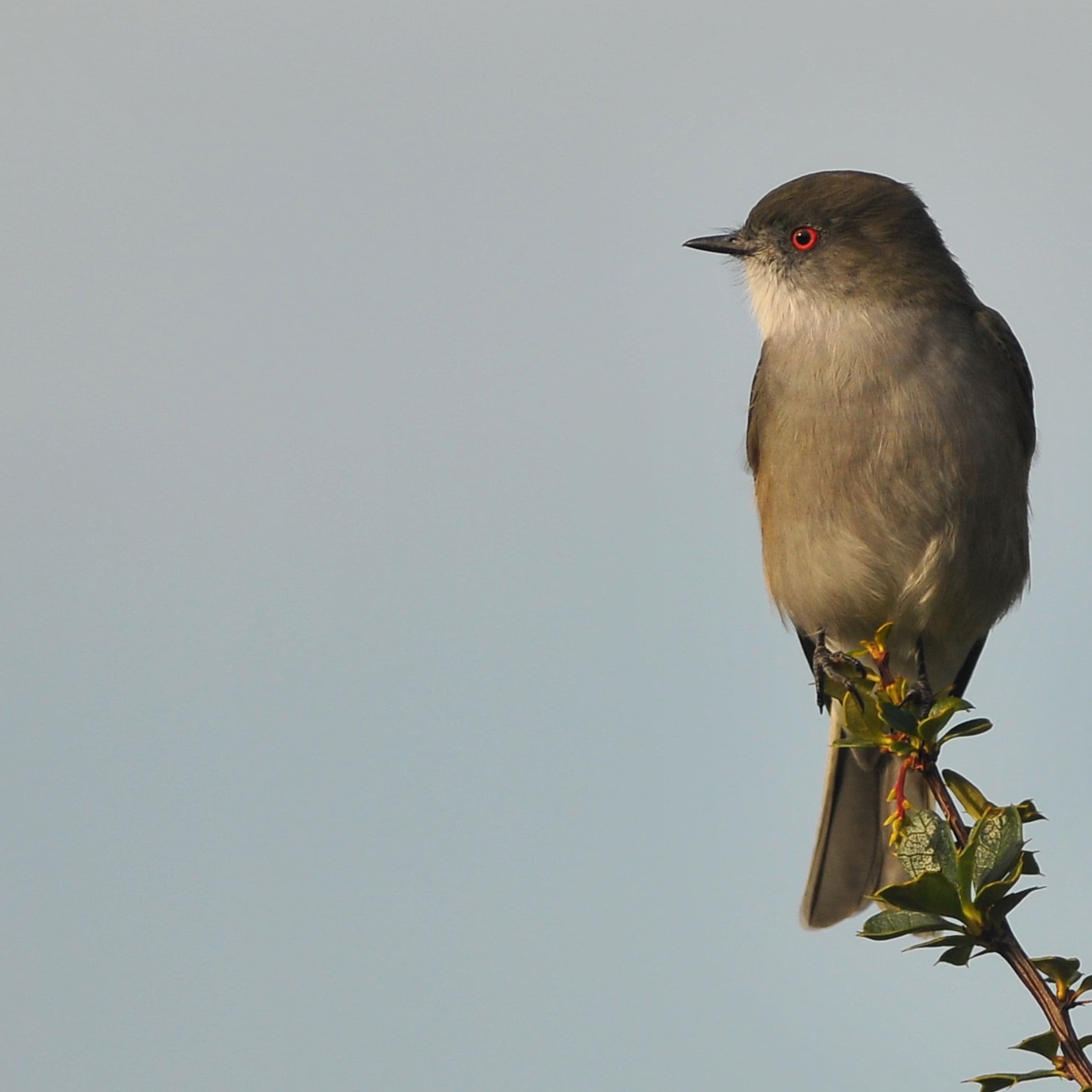 More bird.
More bird.
 So sharp. 300mm f/2.8 VR + 2.0 TC version 2.
So sharp. 300mm f/2.8 VR + 2.0 TC version 2.
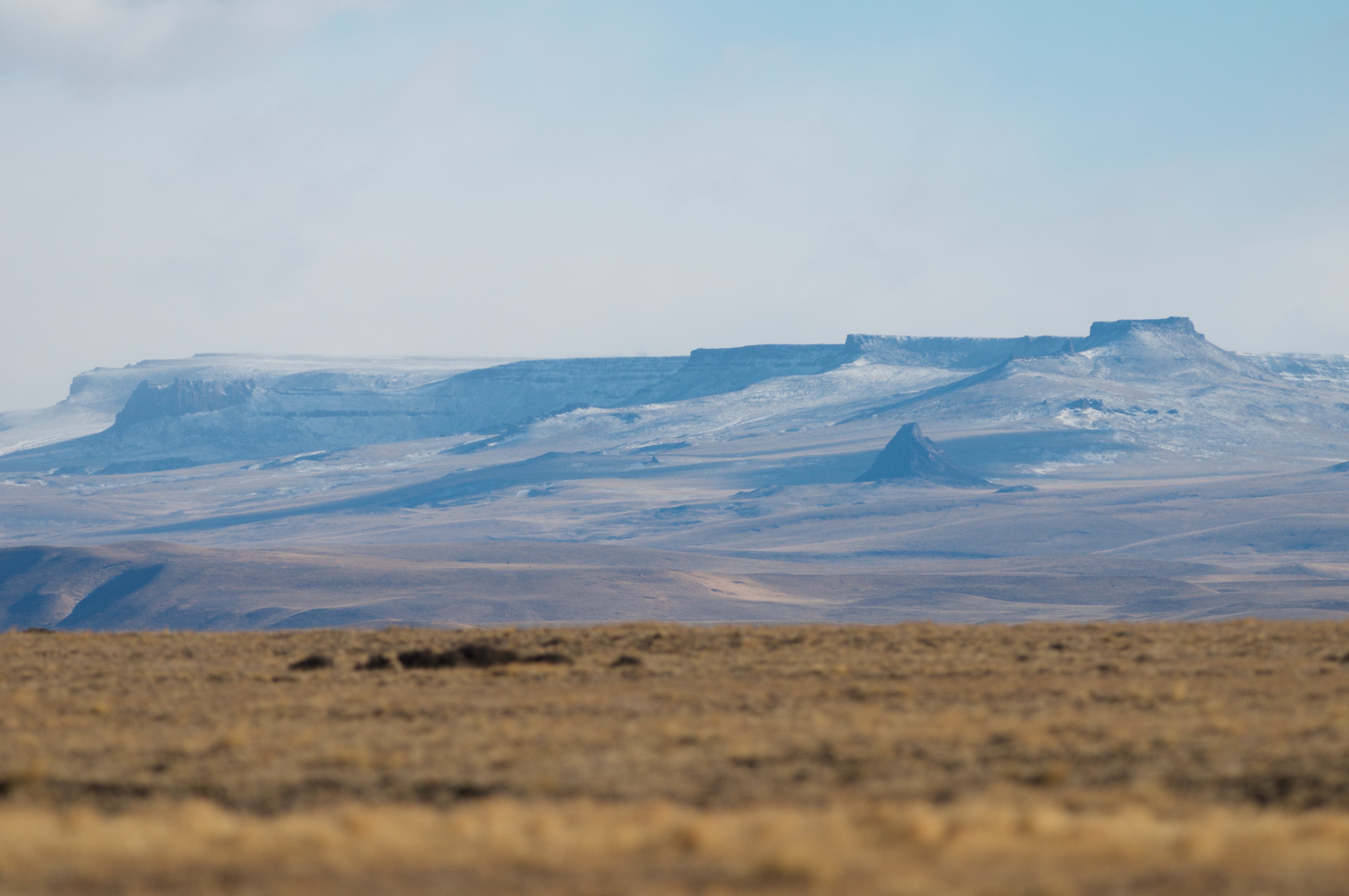 Southern Argentina.
Southern Argentina.
 Myself playing with the X-Pro2 in Singapore.
Myself playing with the X-Pro2 in Singapore.
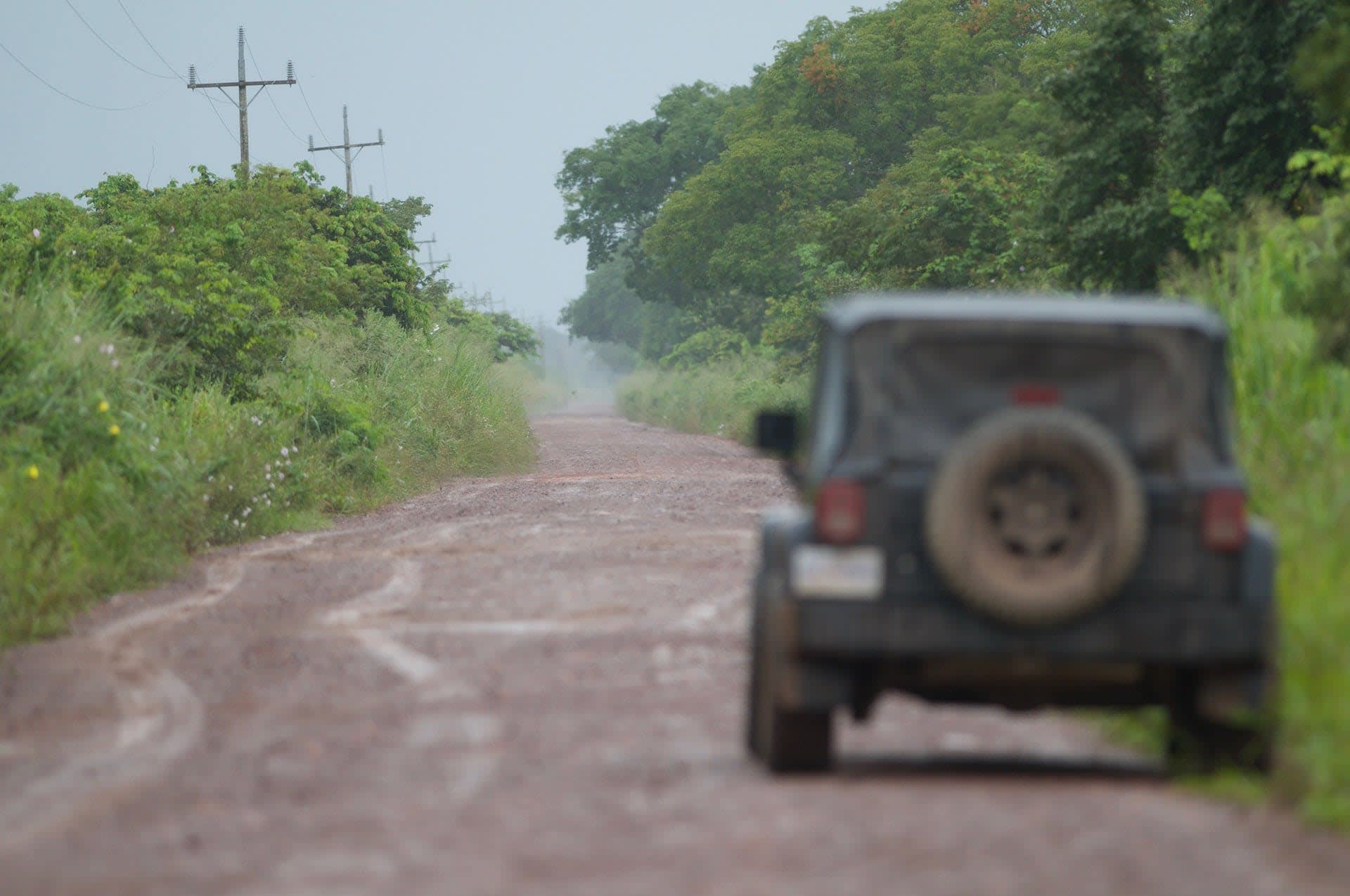
Potrait with the 50mm f/1.4 AF-S at f/2.8 on a D300
The last part of my Alaska to Argentina roadtrip! Read more here.
Beaver!
Details, details, details. The old 12mp delivers everything that we need, and then some.
High iso! ISO 1600 and still printable.
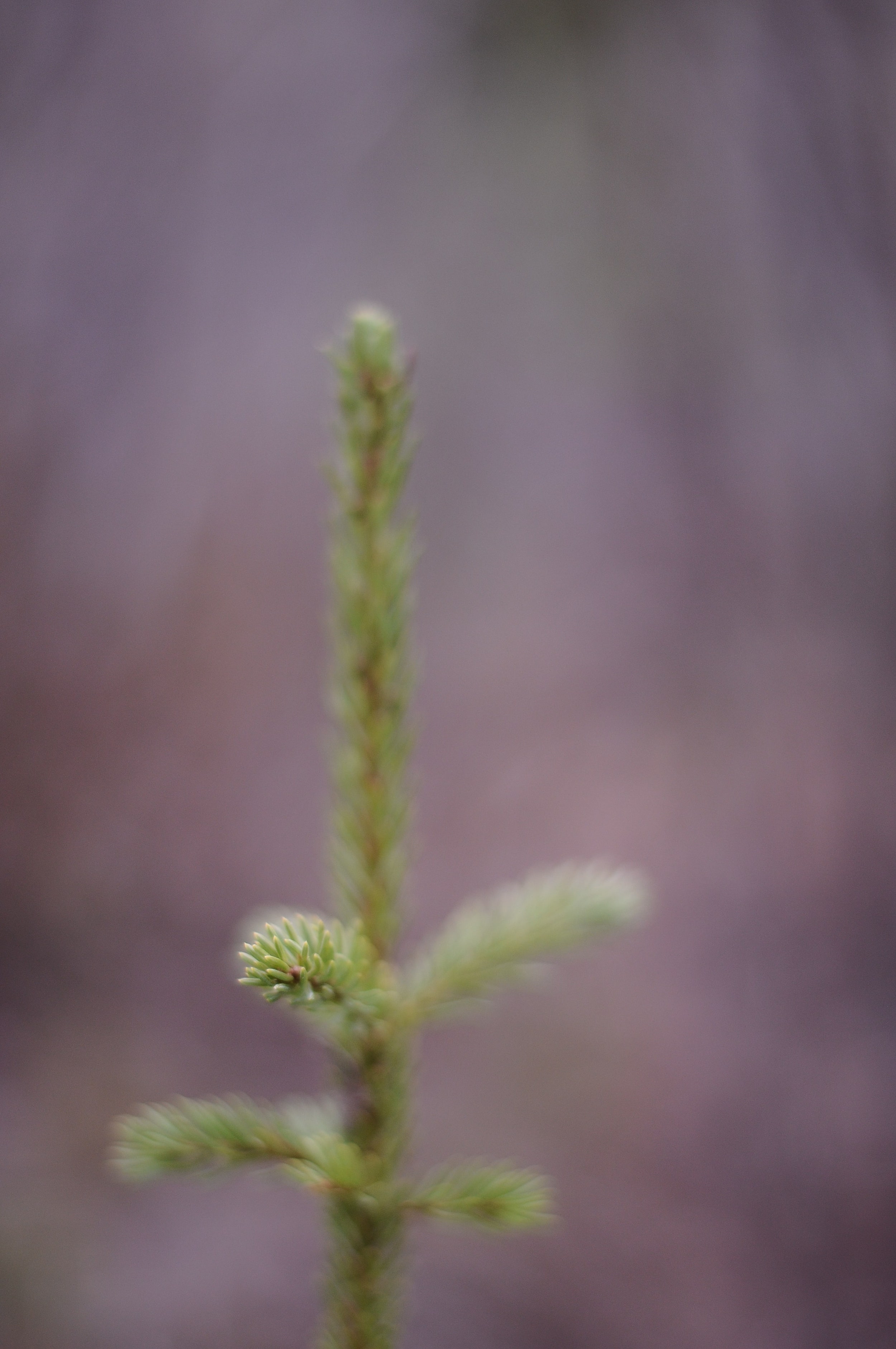
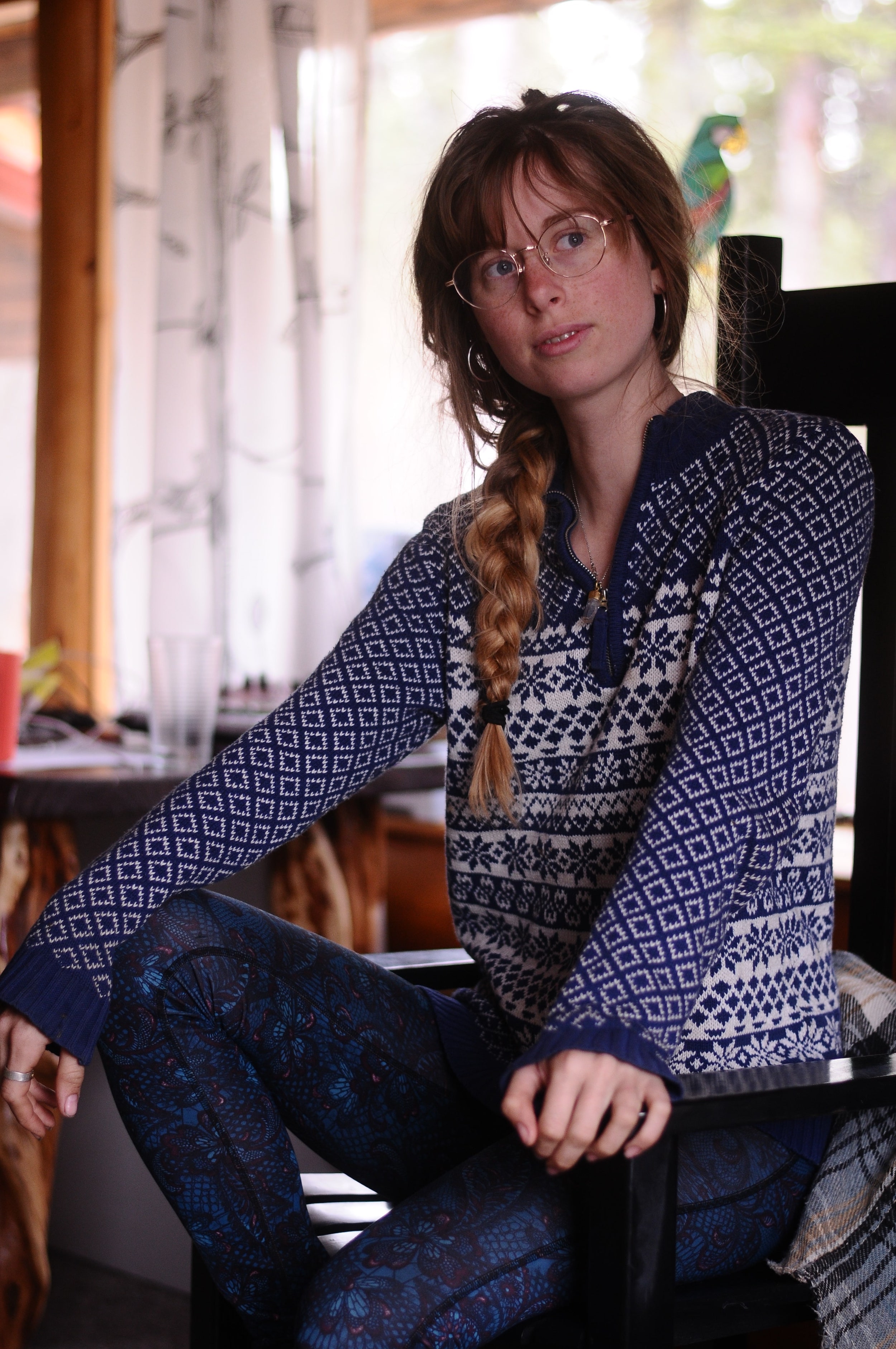
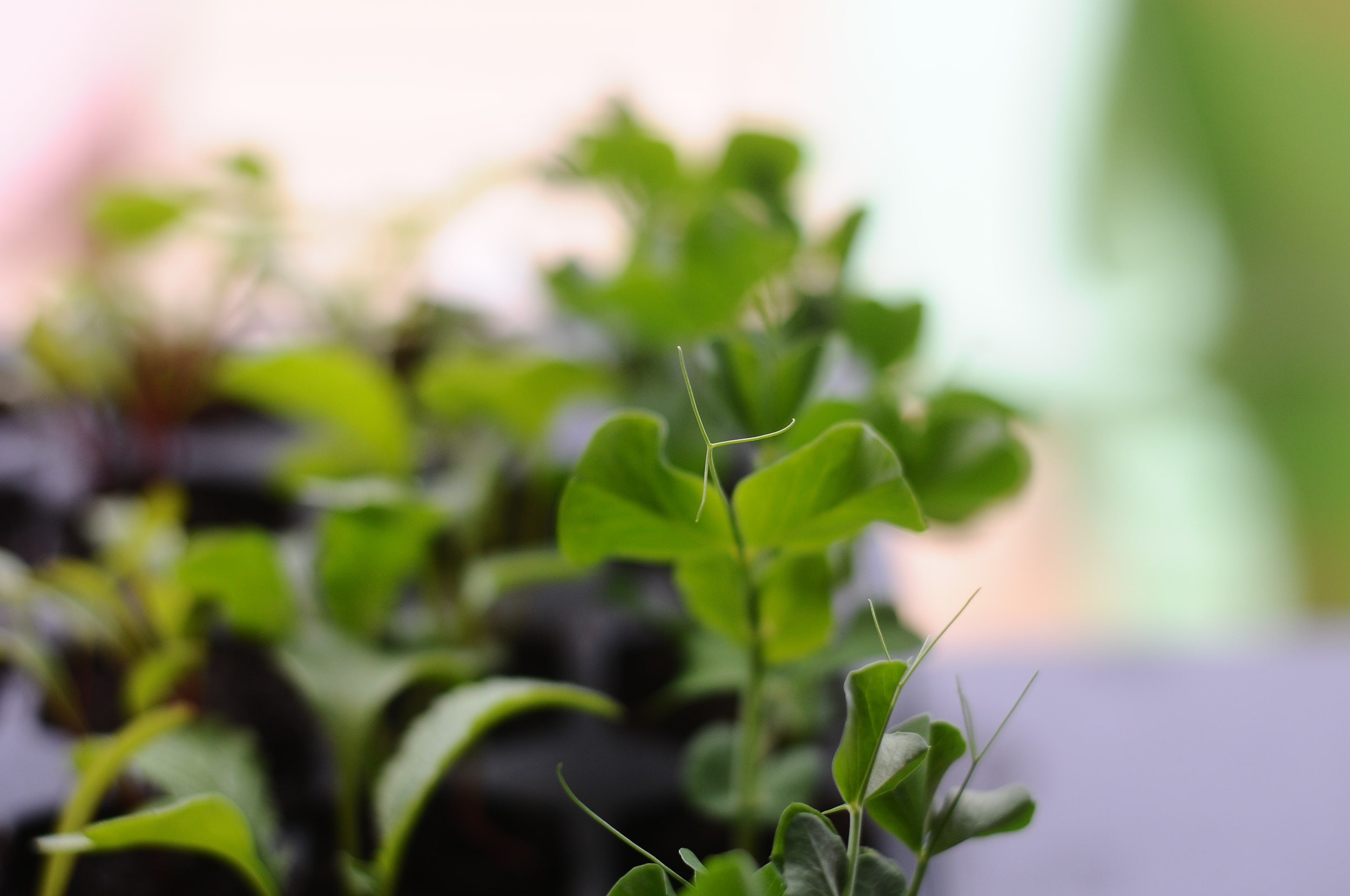
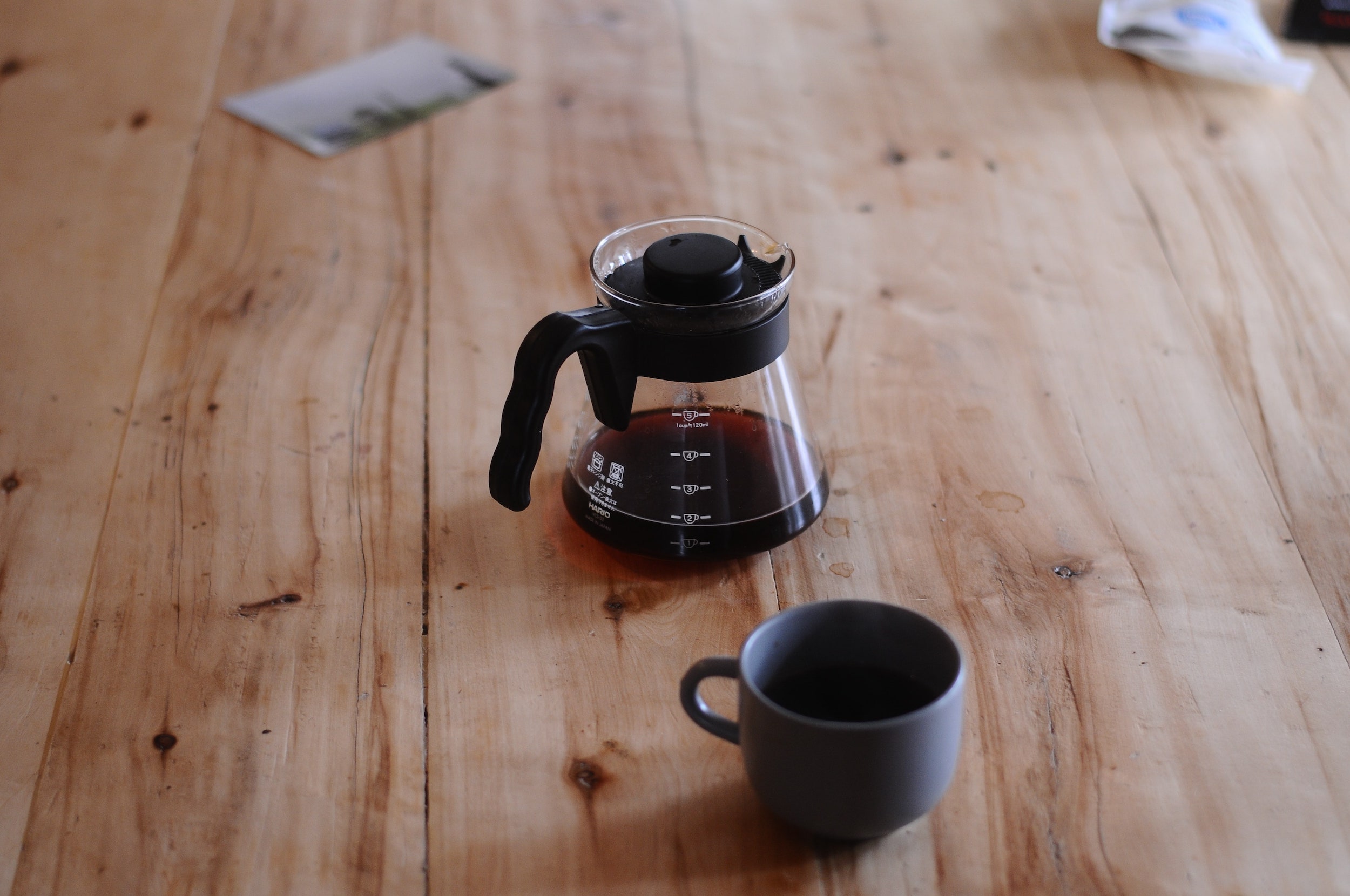

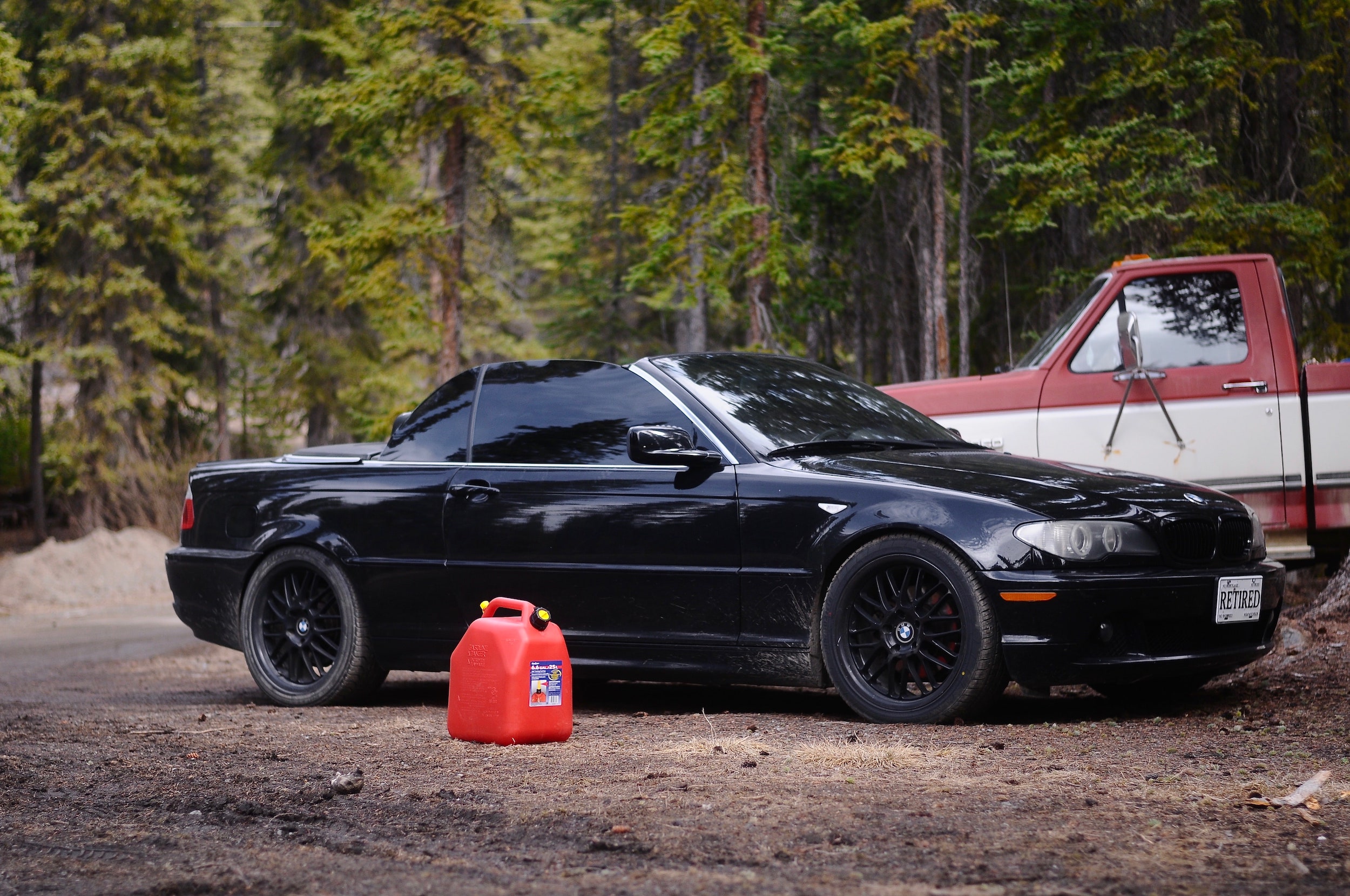
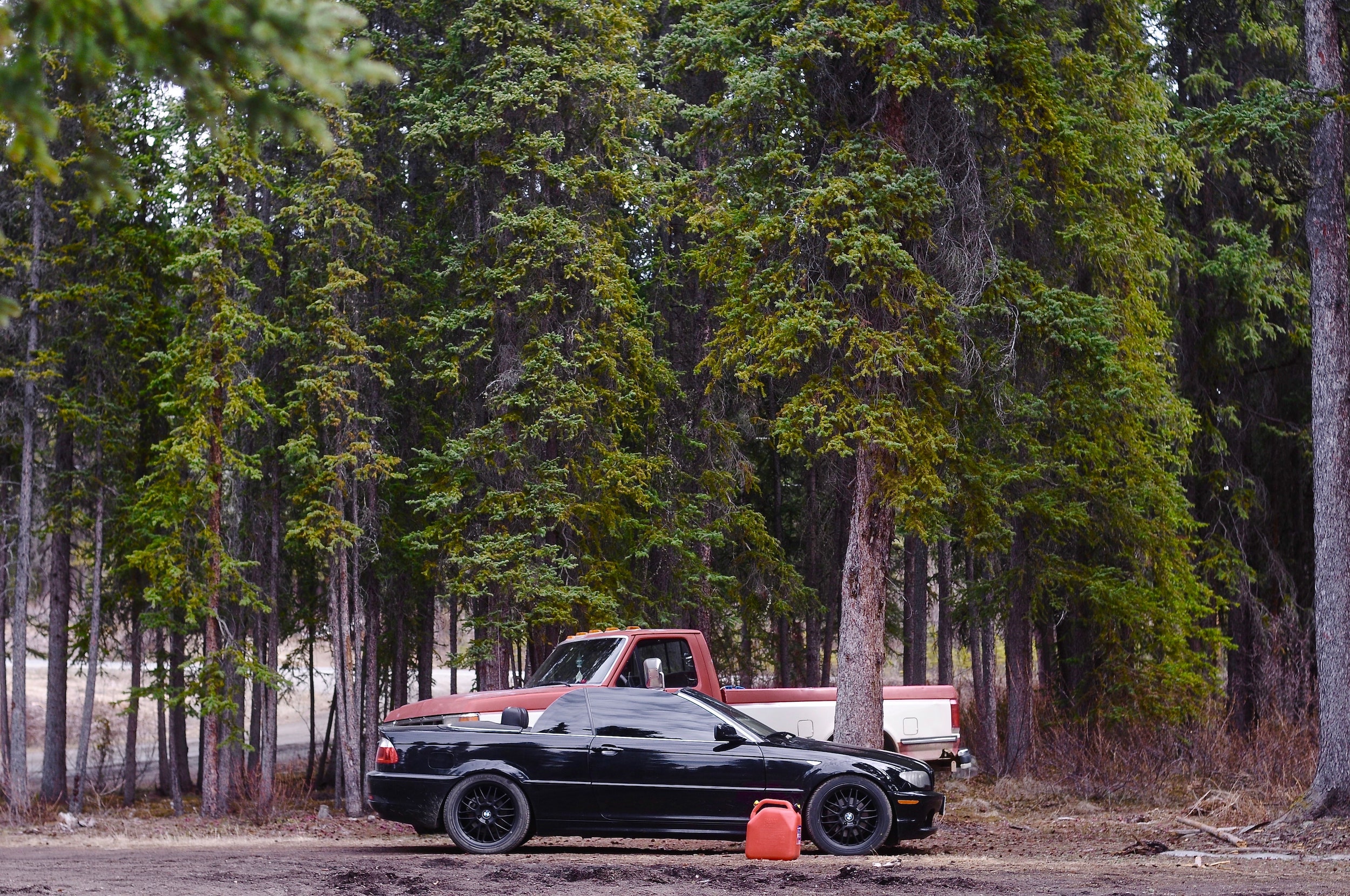
As of November 2019, I am still using my D300 once in a while!
Thank you for stopping by!
Jean-Pascal

